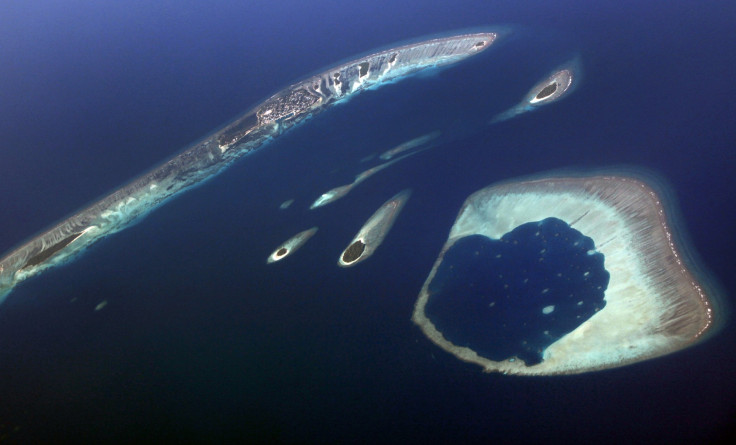China Says Not Planning Military Bases In The Maldives

BEIJING (Reuters) - China is not planning to build military bases on the Maldives, the foreign ministry said on Tuesday, after the Maldives allowed foreigners to own land despite opposition concern the reform could be used for military expansion by China.
The Indian Ocean island nation passed legislation last week to allow foreigners to own land within a project site on condition at least 70 percent of the area is reclaimed from the sea.
The opposition Maldivian Democratic Party said the bill could give "unprecedented access to foreign parties to operate in the Maldives". One party member said the government was facilitating a more robust Chinese presence in the Indian Ocean.
China's Foreign Ministry, in a statement sent to Reuters, said the vote was an internal matter for the Maldives, but that China wanted good relations with the country, best known for its luxury diving resorts.
China "has always respected and supported the Maldives' efforts to maintain its sovereignty, independence and territorial integrity", the ministry said.
"What the relevant people said about China building bases in the Maldives is totally baseless," it added.
India, which traditionally has strong ties with the Maldives and Sri Lanka, has been concerned about China's growing involvement in the Indian Ocean as it opens its purse strings and builds a network of ports dubbed the String of Pearls.
In September last year, during a visit by Chinese President Xi Jinping, the Maldives signed a deal with a Chinese company to upgrade its international airport after cancelling a $511 million deal with India's GMR Infrastructure in 2012.
In an effort to damp fears about Chinese plans connected to its increasingly modern and confident military, Beijing has repeatedly said it does not want military bases abroad.
But experts have said China is likely one day to have to overcome its discomfort about overseas military bases, as its forces are drawn into protecting the growing interests of the world's second-largest economy.
© Copyright Thomson Reuters 2024. All rights reserved.





















